How the big boys shape up
Diageo
Top Brands: Smirnoff, Johnny Walker, J+B rare, Baileys, Cue Cuervo
Diageo is one of the world's leading consumer goods companies, formed in 1997 by the merger of Grand Metropolitan and Guinness. It trades in more than 200 countries, and has annual sales of 99 million cases of spirits and wines and of Guinness beers. The company has around 100 operations centres in markets around the world. A new executive committee is in place under Paul Walsh, CEO of Diageo and Guinness/UDV, and Diageo's strategy has recently been sharpened up to focus on brands, markets and consumers. The Seagram deal boosts its annual sales by 30 million cases.
Allied Domecq
Top Brands: Ballantines, Suaza, Beefeater Gin, Kahlua, Canadian Club
Allied Domecq's drinks operation is the second largest international spirits group in the world, measured by volume.
It sells 50 million cases worldwide with top brands Ballantines, Beefeater, Kahlua and Sauza contributing over half the operating profit from wines and spirits. Allied has a good portfolio of brands, a world-wide network of distribution companies and a cost efficient supply chain.
Concentration on the on-trade, promotions, new packaging and new ways of drinking are constantly reviewed. European markets account for 40% of its operating profit.
Pernod Ricard
Top Brands: Pernod, Seagram's Extra Dry Gin, Chivas Regal, Larios, Pastis 51
Pernod Ricard is now the world's third largest wine and spirits firm in terms of volume after swallowing some valuable Seagram assets. The group is largely family controlled and its decentralised structure means that each operation is largely autonomous, managing its own brand strategies and its own subsidiaries. A small number of brands are regarded as international and these benefit from the investment of 80% of the group's sales and marketing budget. The whiskies, particularly Irish, have been the group's most profitable brands and recent price increases improved their margins, with apparently little detriment to sales.
Bacardi
Top Brands: Bacardi, Dewar's, Bacardi Breezer, Martini, Metz
Bacardi was founded in 1892 by Don Facundo Bacardi y Maso, and continues to be controlled by members of the Bacardi family.
Its leading brand is Bacardi rum, which sells around 20 million cases worldwide, accounting for over a quarter of the group's volumes and nearly 40% of profits. Bacardi has built its own distribution network in order to protect and control the marketing and distribution of its own brands. Total group sales are nearly 78 million cases, including about 12m cases of agency brands that Bacardi distributes for third parties, including Brown-Forman's Jack Daniel's.
Brown-Forman
Top Brands: Jack Daniel's, Southern Comfort, Fetzer Wines, Early Times bourbon, Canadian Mist
Brown-Forman continues to be a very good brand-building company, investing considerable sums in advertising. It produces a small range of high quality products in spirits and wines, and consumer durables. Its leading brand, Jack Daniel's, generates over 60% of the company's operating profits, making it the second biggest brand of whisky in the world. In distribution, the company has some long-standing links with Bacardi-Martini, but there is little evidence that these family-controlled firms will formalise the arrangement.
Fortune Brands
Top Products: Jim Beam, Windsor Canadian Whisky, Whyte & Mackay, Kamchatka vodka, Jim Beam Blues
Jim Beam Brands is part of Fortune Brands. Since 1997 it has created a new identity for itself as a consumer products group. The group has a reputation for innovation and has launched a number of new cocktail/liqueur products in recent years. Its major spirits brand Jim Beam is the world's number one bourbon, which sells 5.1 million cases, contributing $350m towards sales revenues. It now plans to expand its brands through exploiting its leading trademarks, wider distribution, new product development and acquisition.
Source: Canadean
{{NEWS }}
Close menu
- Home
- Retail & Wholesale
-
Products & Suppliers
- Back to parent navigation item
- Products & Suppliers
-
Product Categories:
- Back to parent navigation item
- Product Categories:
- Alcoholic drinks
- Bakery
- Cereals & breakfast
- Cheese
- Chicken & poultry
- Chocolate
- Confectionery
- Crisps, nuts & snacks
- Dairy
- Fish
- Fresh produce
- Frozen
- Household
- Meat
- Own Label
- Sauces & condiments
- Seasonal
- Soft drinks
- Vaping
- Vegan & plant-based
- World foods
- Suppliers
- People
- Reports & Data
-
Topics A-Z
- Back to parent navigation item
- Topics A-Z
-
Popular topics:
- Back to parent navigation item
- Popular topics:
- Cost of living crisis
- Crime
- Deposit Return Schemes
- Finance
- Government & Regulation
- Health
- Inflation
- Loyalty
- Marketing
- Mergers & Acquisitions
- New Product Development
- Sourcing
- Supply chain
- Sustainability & environment
- Technology
- Ultra Processed Foods
- Vaping
- A-Z all topics
- Content by type:
- Events
- Ask iA (beta)
- Subscribe now
Sign in to comment on this article
Not logged in before? Register for FREE guest access today.
You will be able to:
- Read more stories
- Receive daily newsletters
- Comment on stories
Advert



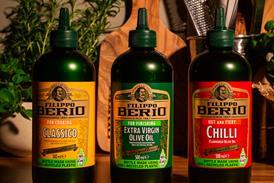





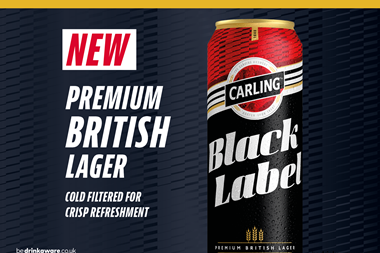
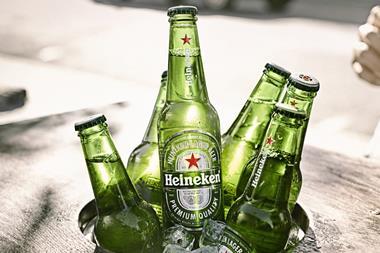
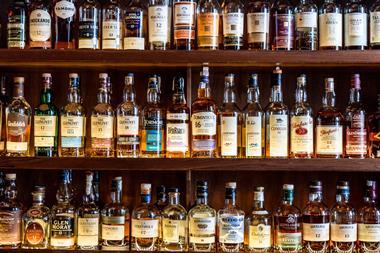
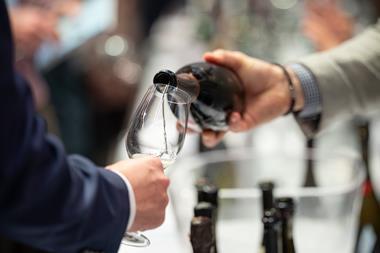

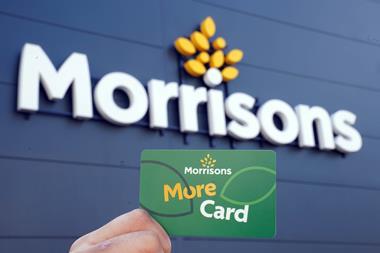
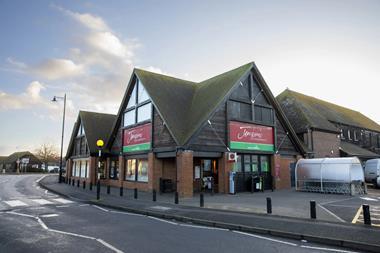
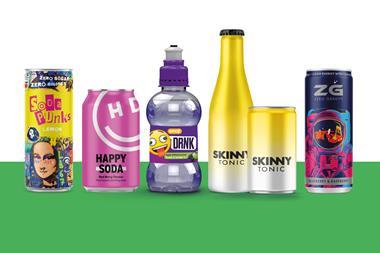
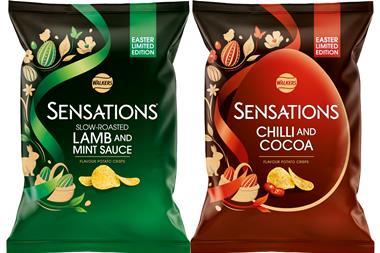
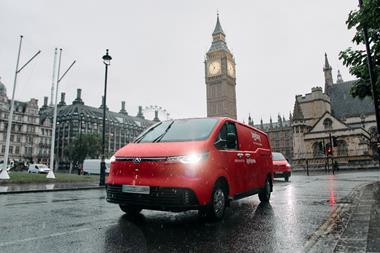
No comments yet